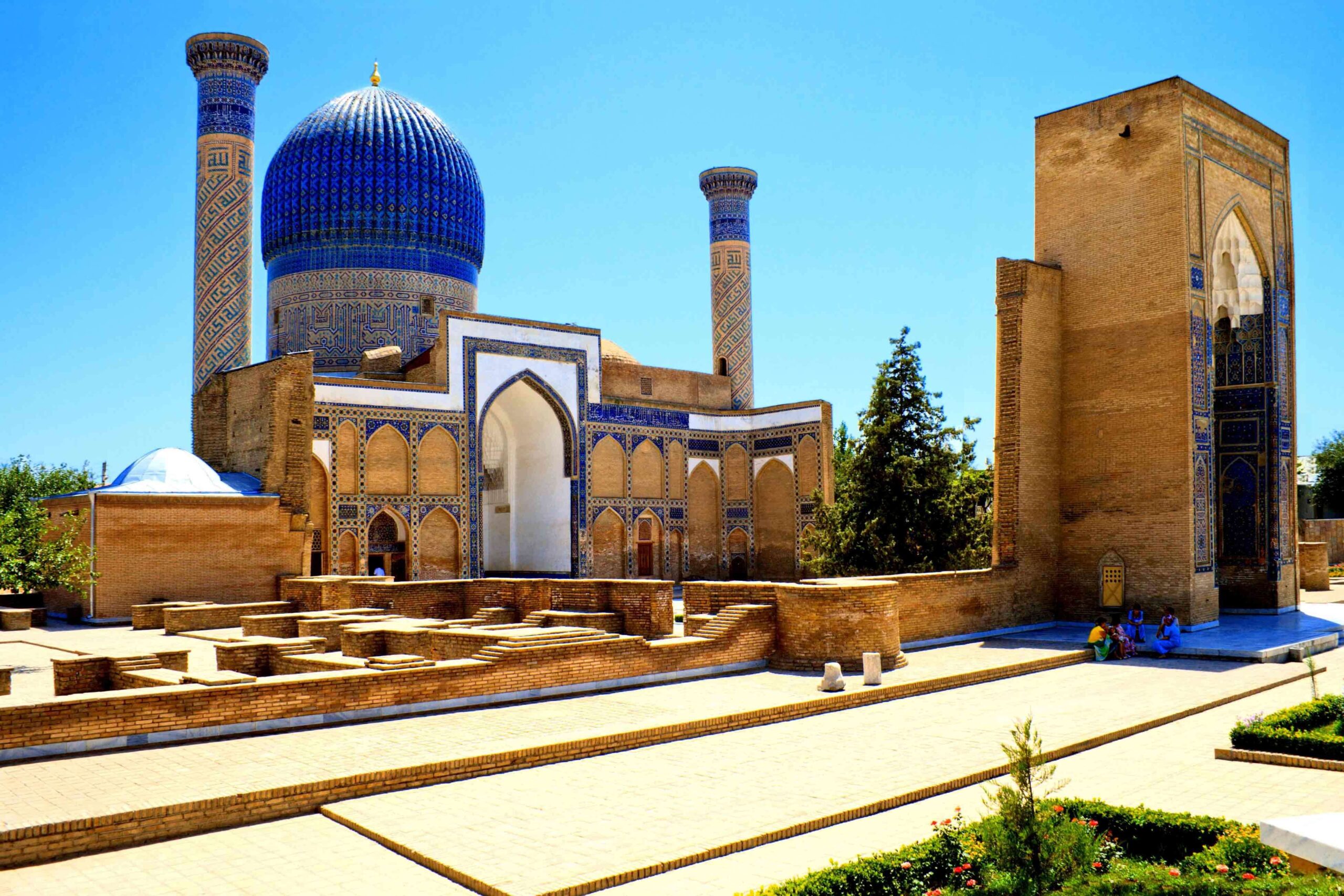The history of translation and https://lingvanex.com/translation/english-to-tagalog is as old as the history of written language itself. From ancient scribes translating religious texts to modern machine translation algorithms, the field of translation has evolved significantly over the centuries. Beyond its linguistic function, translation has played a vital role in shaping and reflecting cultural changes throughout history.
The Evolution of Translation
Ancient Times: Early translations were predominantly religious texts, aiming to spread religious teachings across different cultures and languages. The most notable is perhaps the translation of the Bible into various languages, which profoundly impacted the spread of Christianity.
Middle Ages and Renaissance: Translation became a tool for learning, with many scientific, philosophical, and literary texts translated from Arabic, Greek, and Latin into vernacular languages, contributing to the intellectual and cultural changes during the Renaissance.
Modern Era: The 20th century saw the establishment of translation as a distinct academic discipline. Technological advancements, especially the development of computer-assisted translation and machine translation, have significantly transformed the field.
The Role of Translation and https://lingvanex.com/translation/english-to-japanesein Cultural Changes
Spreading Ideas: Translation has enabled the spread of ideas, philosophies, and scientific knowledge across cultures, contributing to cultural exchange and evolution.
Shaping Language: Translations often introduce new words and concepts into a language, influencing its development. For example, many English scientific terms have roots in Greek and Latin.
Reflecting Social Changes: The way texts are translated can reflect societal attitudes and changes. For example, modern translators might choose to use gender-neutral language to align with evolving societal norms.
Preserving Cultures: Translation can also help preserve minority languages and cultures by making their literature and folklore accessible to a wider audience.
The history of translation is intertwined with the history of human cultural and societal evolution. As a bridge between languages and cultures, translation has not only evolved with changes in society and technology but has also played an active role in driving cultural and intellectual shifts. As the world becomes increasingly interconnected, the importance of translation in fostering cultural understanding and exchange is more significant than ever.




